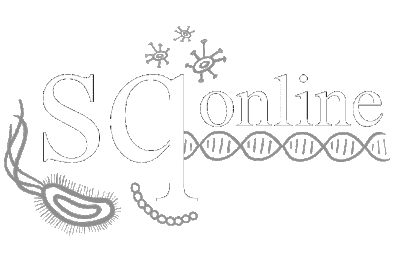By Maximo Robert Prescott | UTS Staff Writer | SQ Online (2013-2014)
During that restless gap between the end of high school and the beginning of college life, Tyler Wishard couldn’t wait to start his time at UCSD.
He enrolled in summer classes before his freshman year and started working as a lifeguard and swim instructor to fill that gap. Aside from his job as a lifeguard, Wishard enrolled in an intensive weeklong biotechnology skill-training program.
“I was actually let go from being a lifeguard, and that’s when I began to look into undergraduate research seriously,” Wishard said, reflecting on a life changing turn of events.
What turned out to be an unexpected set of events led to Wishard’s undergraduate research career. At last year’s Biological Sciences Student Research Showcase, Wishard presented the winning poster for the Neurobiology section.
“I honestly wasn’t sure what science was about before I was involved with research. It’s a lifestyle that just sort of happened to me.”
After emailing the principal investigators (or professors) of a few dozen labs, Wishard said, “I only received three responses, of which two were courteous notices of no current availability in their lab. The other response came from Dr. Hollis Cline who became, and still remains, my principal investigator (PI)”.
Wishard, a Physiology and Neuroscience and Psychology double major from Sixth College, won the showcase for his work on the effects of Fragile X proteins on neurogenesis, or the process by which neurons are made from neural progenitor cells. However, equally impressive as his academic research into intellectual disability is Wishard’s work outside of the lab at Rady’s Children’s Hospital’s Autism Center. There, he helps therapists with kids between the ages of five and seven on behavior modification therapy.
“I was once called out at the autism center by a therapist for asking too many questions, which actually ended up helping the kids because they saw that I’m still making mistakes too and learning how to best communicate myself,” Wishard said.
Wishard shared with us his advice for students looking to get involved in research: “I can’t tell you enough, don’t get discouraged and start young.”

He stresses the importance of remembering that when an undergraduate enters a lab, a PI doesn’t expect them to know everything. Similar to Wishard’s Autism Center experience, professors know students are continually learning as they go.
“Even if you’re a freshman, if you can commit 3-4 years to their lab they’ll be interested in investing time in you,” Wishard said. “A PI’s goal is to put out research, and if you can help them achieve their goals they will surely help you achieve yours.”
Tyler Wishard, like most students, is a product of the extraordinary mentorship he has received both in and outside of the lab. He would like to thank Holly Cline Ph.D. (PI), Scott VandenBerg M.D. Ph.D,, Karra Muller M.D. Ph.D., and everyone in the Cline Lab for offering their support, guidance, and most importantly, their time.
Saltman Quarterly and Under The Scope thank Tyler Wishard for his willingness to participate in our student profile, and congratulate him on winning the neuroscience category of the Society for the Advancement of Chicanos and Native Americans in Science’s National Conference!
To view a video of the coverage of the winner’s presentation, watch our recap of the showcase.

